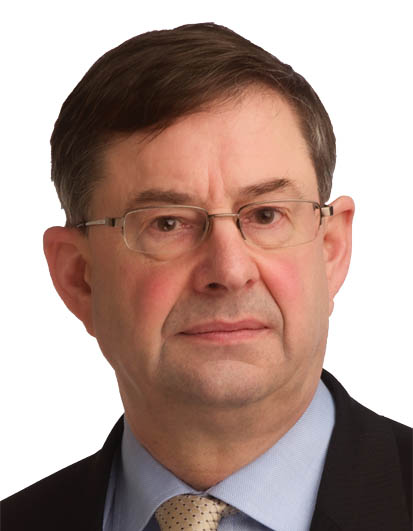Speaking in the Dáil on Friday of last week Fianna Fáil agriculture spokesman Éamon Ó Cuív said that there is a disaster facing people who live in hill areas, with a massive loss of income facing them.
He added: “Once again, the Minister has shown total disregard and a total lack of understanding and unwillingness to talk to people who understand what hill farming is about.
“The Department’s figures indicate that 50% of the farmers who farm commonage lands do not own sheep and that this means that 50% of farmers are not grazing the hills. The Minister is now telling us that the farmers who are claiming the hill, but who have cattle on the lowland will not be able to get single farm payment on that hill land. That single farm payment would, effectively, be double their payment on the lowland, which means the gains the Minister mentioned are illusory, like most of the gains he speaks about. Not alone that, they will not be able to get ANC, areas of natural constraint, or DAS, disadvantaged areas scheme payments on that land.
“In an area like Connemara, this represents approximately 50% of farmers and will take a possible €3 million of ANC, DAS and single farm payments out of Connemara. It will remove €15 million from farmers nationally and will have a huge effect on the economy. Deputy Kyne and I are both arguing that the farmers should be allowed to sort this out among themselves and that as long as farmers make sure the hills are kept in good agricultural condition, it will be their business who puts animals and what animals are put on the hill.
With regard to GLAS, Deputy Ó Cuív said that the collective agreement as proposed will not work, and added: “I believe it would be open to legal challenge. It was fascinating to hear officials from the Department say at the meeting the other day in Mount Cross that they are now belatedly seeking legal advice on that agreement. They also said that only 50% agreement is needed to lock-split a commonage.
“It has always been the view of the Land Commission and the Department that 100% agreement is required. It is vital that the Department take responsibility, in terms of the legalities and cost, for drawing up the commonage plans for GLAS on each commonage and that it do so in partnership with the local farmers. What I am saying is that the Department should commission, prepare and pay for the plans in partnership with local farmers.”
